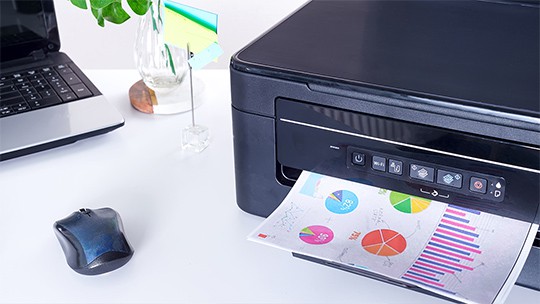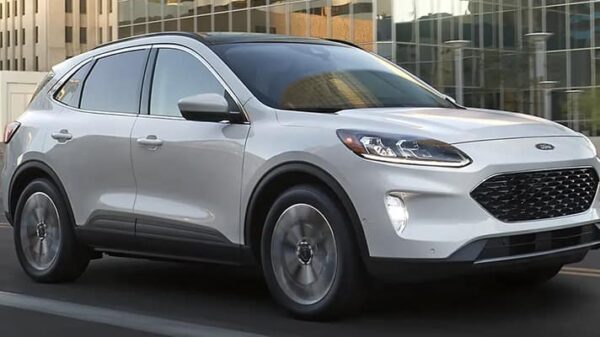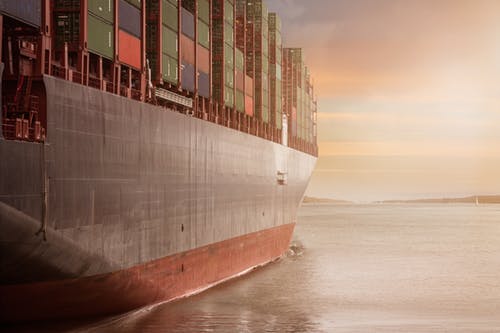Unmanned mobile robots that handle order packaging in warehouses, drones for last-mile delivery – the future of supply chain and logistics looks promising. With the stupendous rise in AI technologies and machine learning, one thing is for certain – the supply chains of the near future will no longer be the clunky, inefficient mechanisms we see today.
According to an article published by Key Software Systems, logistics and courier delivery will become leaner, faster and self-orchestrated in the coming years. These changes are driven by a few key technologies and trends that shape the future of supply chains. Here, in this post, we discuss the major trends that are playing a significant role in shaping the future of logistics and courier deliveries.
The Arise of Warehouse Robotics
Labour shortages in delivery and warehousing are no surprise. According to an executive industry report published by The Conference Board, it is forecasted that the world will see an acute rise in blue-collar labour shortages in 2019 and beyond.
While warehouse robotics is not a new technology, industry experts predict that the technology will see major adoptions this year. Consider the case of popular online grocer Ocado in the UK. The company has invested heavily in the use of robotics for its warehouses and distribution centres. In partnership with several leading universities in Europe, the company has developed sophisticated AI controlled robotic arms, which can do the work of several human warehouse employees at a faster and more efficient pace.
Recognizing the immense potential of robotics and AI, DHL recently announced that the company is investing $300 million to accelerate the integration of emerging technologies at its warehouses in the US by 2020.
The Acceptance of Drones for Last-Mile Delivery
Drones have been around for a while and the associated technology has developed fast to make them a possibility. Apart from startups, several major players in the logistics industry like Airbus, Amazon, Uber and Google have extensive R&D programs focused on cargo drones. Usage of drones for last-mile delivery will accelerate performance while reducing overall costs.
The best part of drones is powered by electricity. This reduces the need for a fleet of vehicles, drivers and delivery personnel for courier dispatch to the customer’s doorstep. This can significantly cut down the fuel and maintenance costs of the carrier fleet.
With that said there are some hurdles that cargo drones must overcome before they become a reality – local and global regulations for drones and operators, cybercrime, physical tampering of drones, and more. Irrespective of these issues, the arrival and acceptance of drones is imminent and cargo drones will become a frequent sight in our airspace, predicts Air Cargo News.
The Emergence of the Digital Supply Chain
The digital supply chain is an umbrella term that denotes several technologies like enhanced courier and logistics software, inter and intra supply chain communication, automation and more. The idea behind digital supply chains is to enhance all processes using digital technology.
Digitization of the supply chain will provide extended visibility of the supply chain in real-time. For instance, take the case of Pfizer. The pharmaceutical giant embraced digital supply chain in an attempt to gain real-time shipment visibility across its massive supply chain spanning 58 manufacturing sites spread across continents.
The company replaced the disconnected systems, intermediate phone calls and email follow-ups with an efficient, fast-performing digital network. According to the company-published annual report of 2017, Pfizer was able to tackle supply shortages and gain real-time visibility of its entire PGS (Pfizer Global Supply) by investing in advanced digital technologies.
Another core element of digital supply chains is using IoT data. While IoT has been used in supply chain management for the last few decades, the scale at which IoT and big data are being deployed is expected to expand exponentially in the next few years.
What to Expect from the Supply Chains of the Future?
Supply chains of tomorrow will become technologically agile. One can expect most of the manual processes in supply chain management to be replaced with automated technology in the next five to ten years. And, companies and professionals that don’t adapt and adopt the latest technology are likely to be left behind.
Marcelo Fincher is a blogger & writer on technology related topics with years of experience in studying technological advancements. In his spare time, Marcelo likes to read books and take a walk on the beach.

















































































































































































